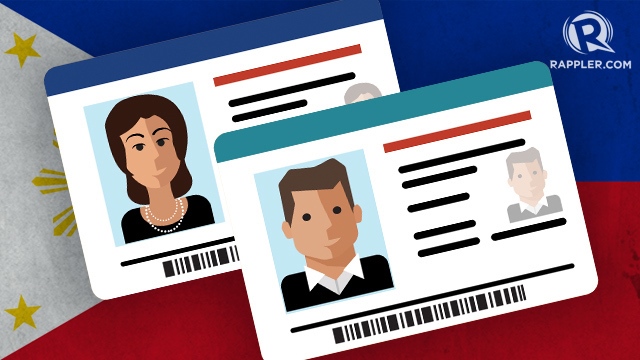Keeping the eye on National ID’s Benefits and Potential Threats

Screengrab from Rappler.com.
CHEERS TO Rappler for its sustained coverage of the national ID system. Previously, CMFR observed that media coverage on the national ID system has cited mostly support for the system. With few sources to discuss the risks and dangers, opposing views were hardly heard (See: “Biased Reporting on National ID System Downplays Perils”).
Most of the media organizations reviewed by this monitor tracked the legislative process; and with the bill’s ratification on May 29, reporting on this controversial issue dwindled significantly.
But Rappler kept the Philippine Identification System (PhilSys) under watch while the bill awaits the president’s approval and published a series of reports providing context and background.
On June 7, an explainer evaluated the need for the national ID system which a citizen would hold as a PhilID or PhilSys Number (PSN). Reporter Jodesz Gavilan discussed the handling of data and the security measures undertaken to prevent data breach. Her report cited Raymund Liboro, commissioner of the National Privacy Commission (NPC) who said that data breaches and violation of privacy rights are “man-made”and can be prevented.
It also cited privacy lawyers Jam Jacob and Cecilia Soria. Jacob, legal and policy adviser of Foundation for Media Alternatives (FMA), raised the danger of “dataveillance” with the release of personal data history. Soria also said that the national ID system is not the only way to improve government services nor the only way to facilitate citizen identification (“What you need to know about the proposed national ID system”).
On June 12, Gavilan followed up on the so-called “record history” that will track the transactions made using the ID, with the same three sources, Liboro, Jacob and Soria. Soria called attention to the fact that aside from hackers and unauthorized persons gaining access to PhilSys, we should also be concerned about the government’s misuse of the system. Both Soria and Jacob agree that maintaining a record history is unnecessary if the national ID system’s purpose is identity verification (“‘Record history’ casts cloud of doubt”).
Rappler also published a report on how other countries use their national ID on June 15. The report, written by Loreben Tuquero, underscored the function of the national ID apart from the facility of access to government services. Some of the uses listed were; facial recognition, centralized information storage, health coverage, E-services and travel (“Nothing to be afraid of? Other countries use their national IDs in countless ways”).
Rappler’s coverage was a welcome change. Providing context and a balanced perspective, it shifted the focus from the basic what and when of the ID system and its enactment to its effect on the public, the range of its uses, while addressing concerns and issues raised by the system.
Leave a Reply